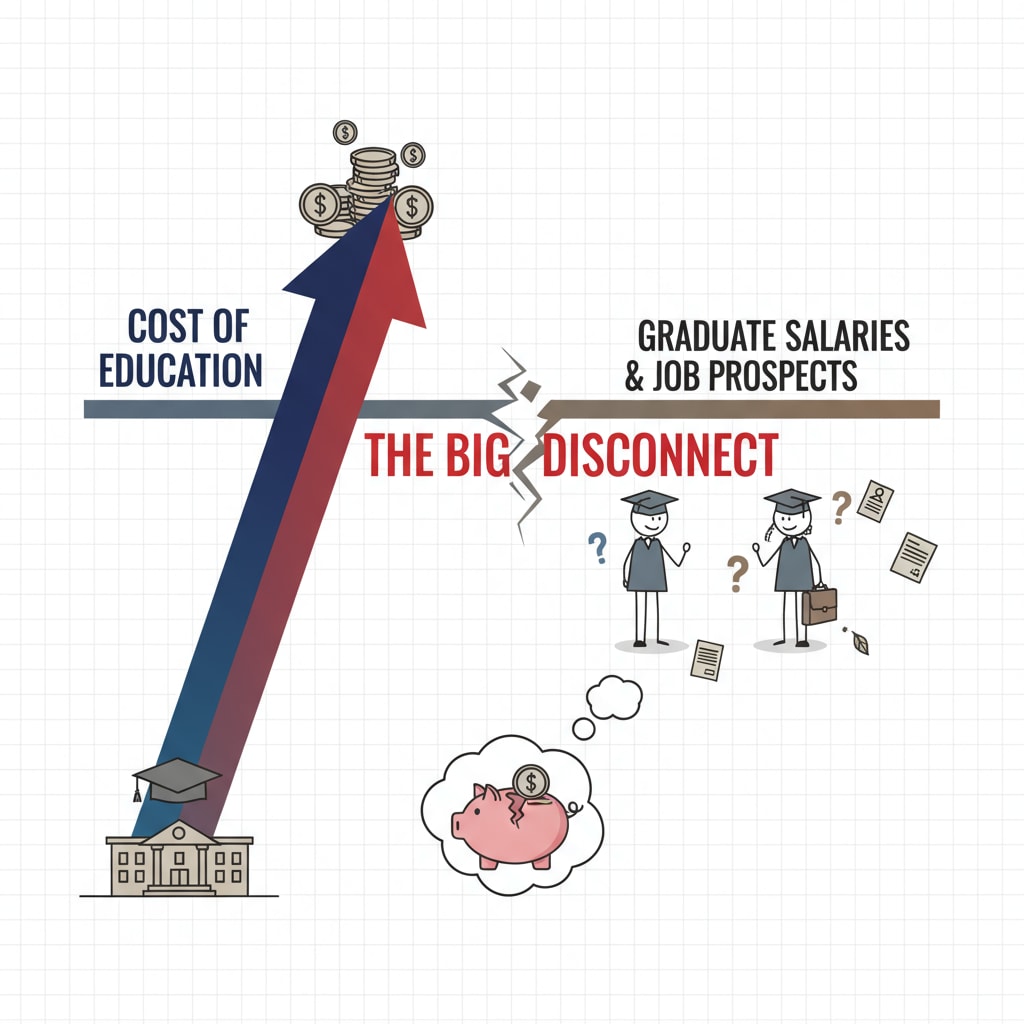In the modern era, the relationship between university degrees, job market, and career development has undergone significant changes. As higher education becomes more widespread, the once-certain value of a university degree is now being called into question. For instance, it’s not uncommon to see master’s degree holders taking jobs at fast-food restaurants, which was unthinkable in the past. This phenomenon indicates a potential devaluation of degrees in the current job market.

The Changing Landscape of University Degrees
Historically, a university degree was a ticket to a stable and well-paying job. It was a symbol of prestige and opened doors to various career opportunities. However, with the expansion of higher education institutions and the increasing number of students enrolling in degree programs, the supply of graduates has far exceeded the demand in many fields. According to Wikipedia’s entry on higher education, this oversupply has led to a more competitive job market, where having a degree alone is no longer sufficient to guarantee a good career.
The Disconnect Between Degrees and Job Market Returns
Many graduates are finding that their degrees do not translate into the expected financial rewards or career advancement. In some cases, the skills learned during university may not be directly applicable to the jobs available in the market. For example, a liberal arts graduate might struggle to find a job that utilizes their broad-based knowledge. Moreover, the cost of obtaining a degree, including tuition fees and the opportunity cost of not working during those years, is often high. As a result, the return on investment (ROI) for a university degree is becoming less attractive. As Britannica’s article on higher education points out, this mismatch between degrees and job market needs is a growing concern.

In addition, the job market is evolving rapidly, with new industries and job roles emerging. Technology, for example, has created a high demand for skills such as coding, data analysis, and digital marketing. Traditional degree programs may not be able to keep up with these changes, leaving graduates ill-prepared for the jobs of the future.
Readability guidance: As seen above, we have used short paragraphs to convey information clearly. Each H2 section has a focused discussion. The passive语态 is kept to a minimum, and transition words like “however”, “moreover”, and “for example” are used to make the flow of the article smooth.


